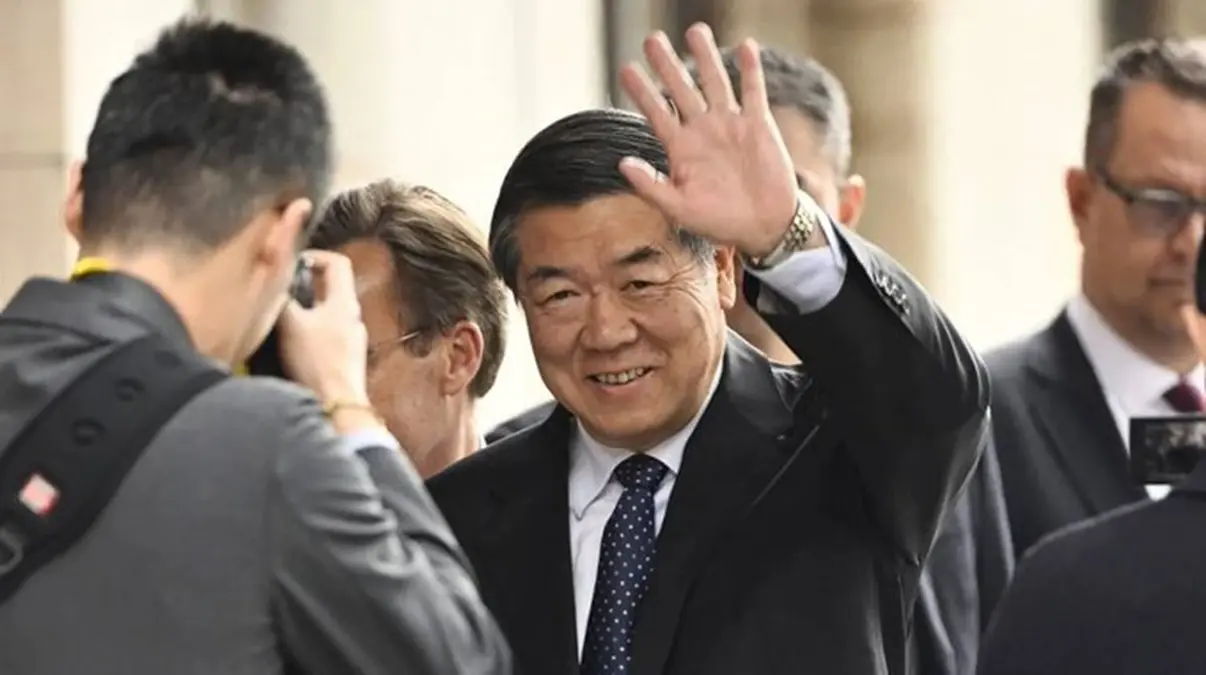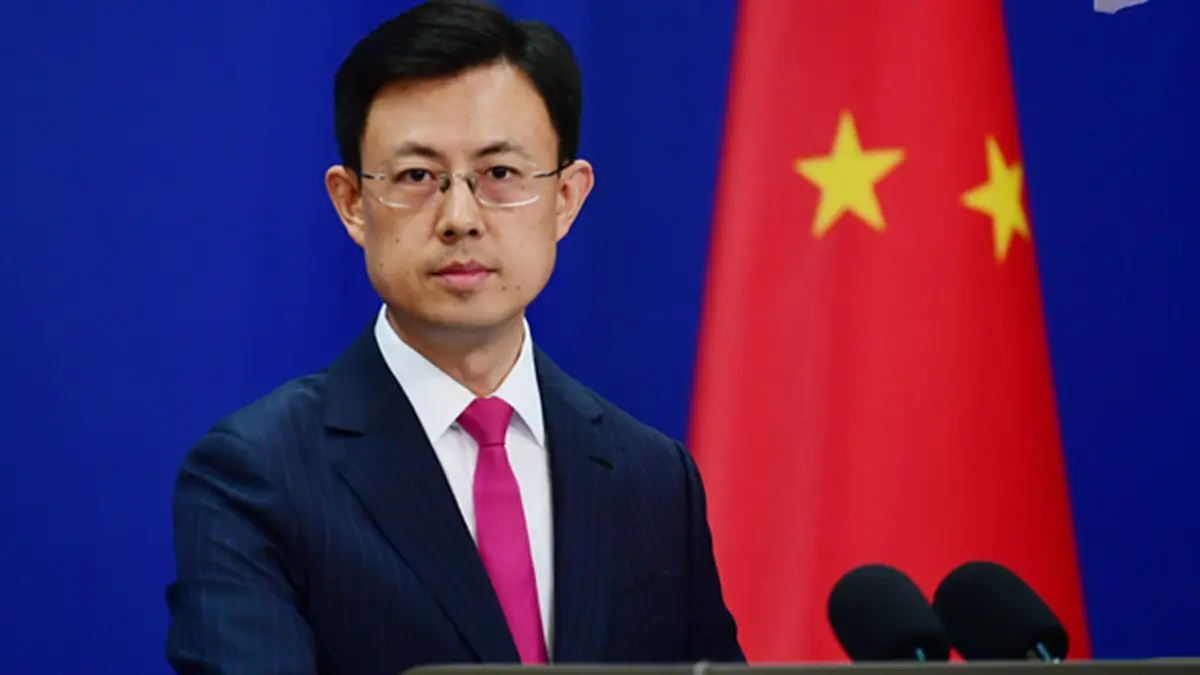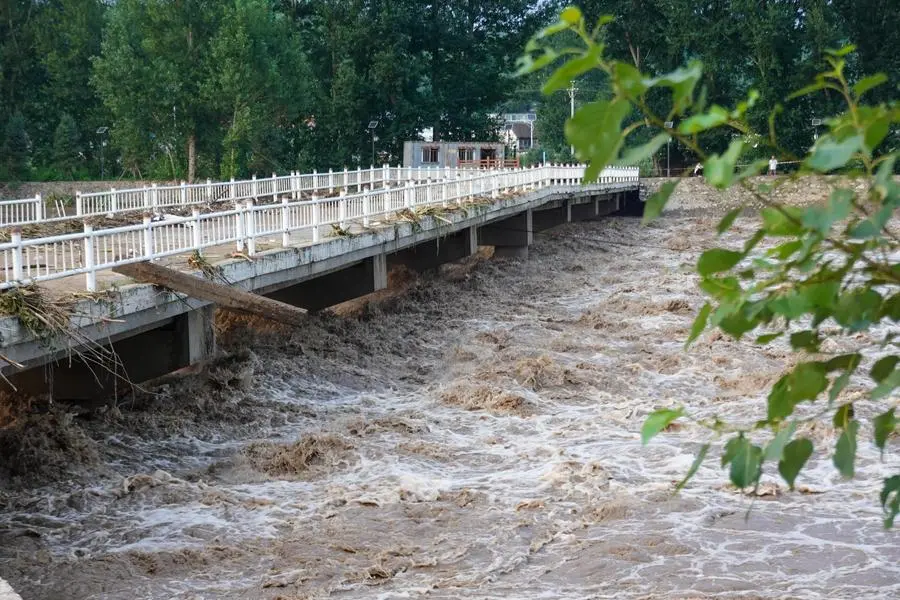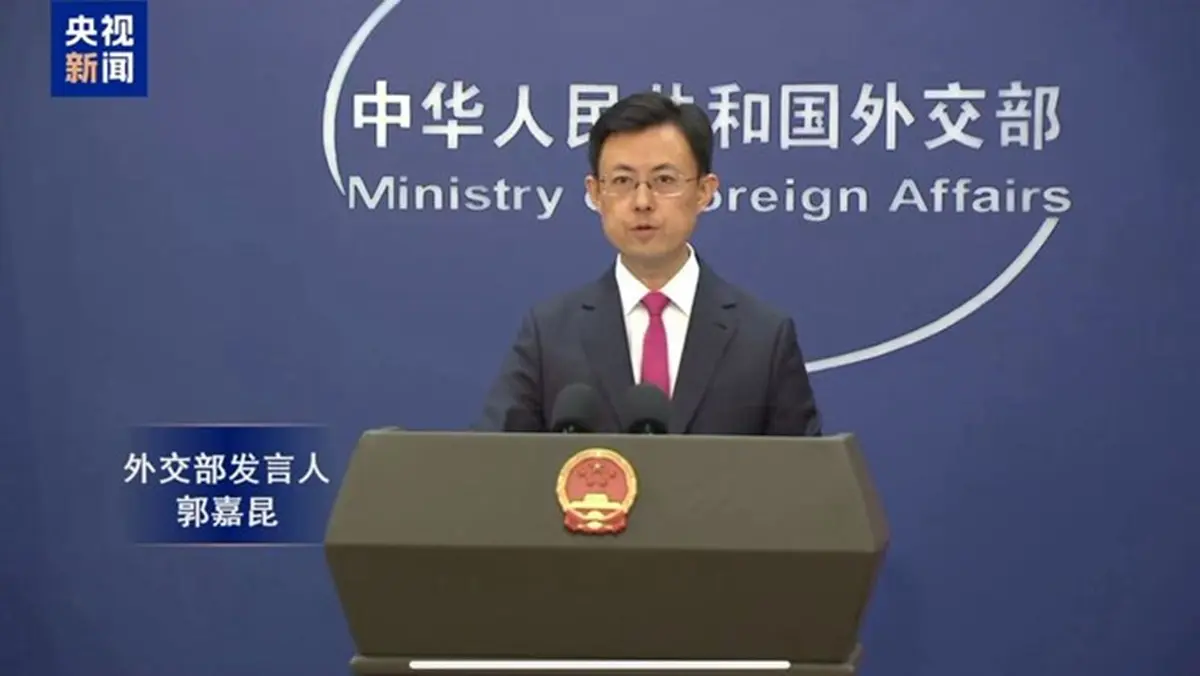Israel-Iran Conflict Escalation: Key Events, Strategies, and Global Reactions

June 19, 2025 Hour: 5:48 pm
The escalating conflict between Israel and Iran has dominated global headlines, marked by military strikes, threats, and diplomatic tensions.
As the situation intensifies, reliable information is crucial to understanding the unfolding crisis.
In a previous article, we covered the first five days of the conflict. Now, we analyze the broader strategies employed by both nations, the latest developments, and global reactions.
With G7 meetings underway, world leaders scrambling to de-escalate tensions, and civilians caught in the crossfire, the stakes have never been higher.
Latest Key Events (June 17–18, 2025)
June 17
- Israeli Strike on Iranian State Broadcaster: Israeli forces bombed the offices of Islamic Republic of Iran Broadcasting (IRIB), disrupting a live broadcast. The attack targeted Iran’s most-watched news channel, escalating Israel’s campaign against Iranian media infrastructure.
- Iran’s Nuclear Treaty Threat: Iran’s Parliament is drafting a law to abandon the Nuclear Non-Proliferation Treaty (NPT) following Israeli strikes on at least three nuclear facilities.
- New Iranian Attack on Israel: Iran launched another missile barrage, causing minor injuries but no major casualties, according to Israel’s Magen David Adom (MDA) emergency service.
- Netanyahu’s Warning: Israeli PM Benjamin Netanyahu vowed, “We will do whatever is necessary,” when asked about targeting Iran’s Supreme Leader Ali Khamenei.
June 18
- Trump’s Remarks on Khamenei: U.S. President Donald Trump claimed he knew Khamenei’s location but ruled out an immediate strike, stating, “We’re not going to eliminate him, at least not for now.”
- Iranian Missile Strike: Iran fired missiles into Israel, triggering alarms but causing no reported damage. The Revolutionary Guard claimed it hit a Mossad operations center in Tel Aviv.
- Internet Blackout in Iran: Israeli airstrikes disrupted Iran’s internet, crashing government websites like IRNA and causing widespread outages.
- Trump’s G7 Exit: Amid the crisis, Trump abruptly left the G7 summit to convene the National Security Council, warning U.S. citizens to “evacuate Tehran immediately.”
Military Strategies: Iran vs. Israel
Iran’s Asymmetric Warfare
Iran relies on asymmetric tactics, leveraging regional proxies, missile arsenals, and cyber warfare to pressure Israel.
1. The “Axis of Resistance”
- Iran backs proxy groups like:
- Hezbollah (Lebanon)
- Hamas & Islamic Jihad (Gaza)
- Shia militias (Iraq, Syria)
- Houthis (Yemen)
2. Missile and Drone Capabilities
- Ballistic missiles (Emad, Ghadr-110)
- Hypersonic missiles (Fattah-2)
- Kamikaze drones
- Defense saturation tactics to overwhelm Israel’s Iron Dome.
3. Cyber Warfare
- Attacks on power grids, banks, and transportation.
- Disinformation campaigns.
4. Nuclear Ambiguity
- While Iran denies seeking nuclear weapons, it warns of “extreme measures” if threatened.
Israel’s Multi-Pronged Defense
Israel combines airstrikes, cyber ops, and diplomacy to counter Iran.
1. Key Objectives
- Neutralize Iran’s nuclear program.
- Destroy missile production.
- Dismantle Iran’s proxy networks.
2. Tactics
- Airstrikes (F-35 stealth jets, AI-guided drones).
- Targeted assassinations (e.g., killing of Iranian military chief Ali Shadmani).
- Cyberattacks (disrupting nuclear facilities).
3. Diplomatic Pressure
- Lobbying for sanctions.
- Strengthening U.S. and EU alliances.
Global Reactions to the Conflict
China’s Diplomatic Approach
China strongly advocates for diplomatic solutions to de-escalate tensions, opposing the use of military force.
The Chinese government has offered to mediate between Israel and Iran, emphasizing dialogue over confrontation. Additionally, China has issued travel warnings for its citizens in both Israel and Iran, urging them to consider evacuation due to the “complex and grave” security situation.
Russia’s Support for Iran
Russia has condemned Israel’s attacks, particularly those targeting Iranian military and nuclear facilities. On June 16, Moscow stated that Iran is exercising its “legitimate right of defense” by retaliating against Israeli strikes.
Russia affirmed that it maintains open communication channels with both nations, including intelligence sharing, to prevent further escalation.
However, Russian Deputy Foreign Minister Sergei Ryabkov warned the U.S. on June 18 that direct involvement would “radically destabilize” the region, calling it a dangerous move that could “add fuel to the fire.”
United States’ Balancing Act
The U.S. has taken a two-pronged approach: reinforcing military defenses while pushing for a nuclear deal. U.S. Secretary of Defense Peter Hegseth announced that American forces are strengthening defensive positions in the Middle East, stating, “We have positioned ourselves defensively in the region to be strong, in pursuit of a peace agreement.”
Meanwhile, President Donald Trump has publicly pressured Iran to return to negotiations over its nuclear program while privately urging his administration to keep communication lines open with Tehran.
Iran’s Defiant Stance
Iran has rejected Trump’s claims that it seeks negotiations, with its U.N. mission denying any request for talks. Supreme Leader Ali Khamenei has warned that “Iran will respond to any threat with a counterthreat,” signaling no retreat from confrontation.
Additionally, Iran insists its nuclear program is peaceful but has threatened to expand uranium enrichment if pressured further.
Tehran has made clear that any potential deal with the U.S. depends on the lifting of all economic sanctions, refusing to negotiate under coercion.
A Dangerous Escalation With Global Consequences
The conflict between Israel and Iran has entered a perilous new phase, marked by increasingly aggressive military posturing and diminishing diplomatic off-ramps.
Both nations are deploying sophisticated strategies, from precision airstrikes and proxy warfare to cyber attacks and nuclear brinkmanship, in what has become the most direct confrontation between these regional rivals in decades.
As the violence escalates, the international community faces mounting pressure to intervene before the situation spirals into full-scale war.
As the world watches with growing unease, the fundamental question remains whether cooler heads can prevail before a miscalculation leads to catastrophic consequences.
The coming days will test whether diplomatic channels can overcome decades of mutual hostility, or if the region is destined for another devastating conflict.
What is certain is that the stakes could not be higher – for the Middle East, and for global security.
Author: Silvana Solano
Source: teleSUR






